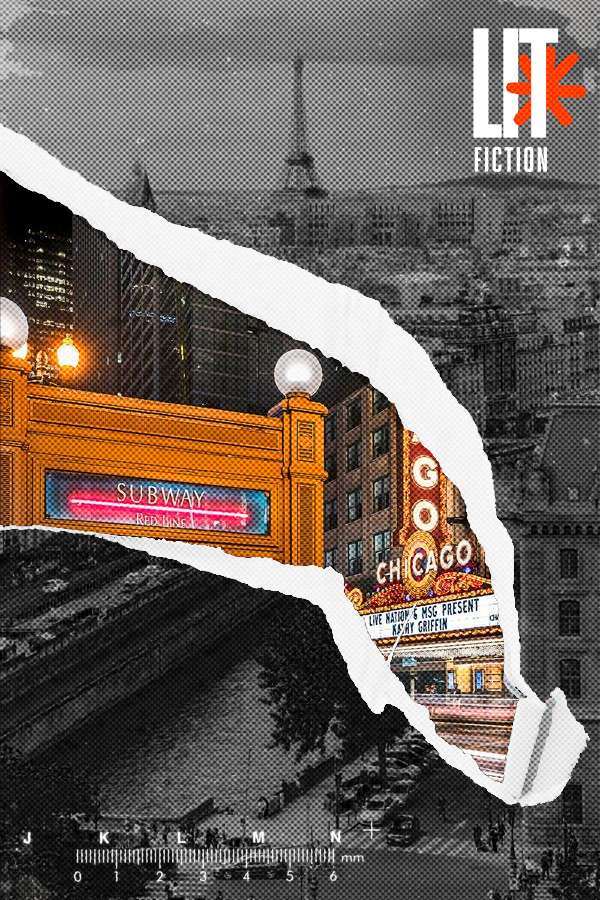This week, Colin, Jennifer, and Joey discuss “Chicago on the Seine” by Camille Bordas from the June 9th, 2024, issue of The New Yorker. This story explores the intersection of memory, grief, and cultural displacement, centering around Mr. White, an expatriate living in Paris, as he navigates the disjointed connections between his past life in Chicago and his present experience in France.
Our Thoughts
Colin opens the discussion by comparing the protagonist’s disconnection from reality to a similar character in the classic short story, “The Secret Life of Walter Mitty.” He notices that Mr. White, like Walter Mitty, lives largely in his imagination, with movies acting as the primary touchstones for his relationships, especially his connection with his father.
“Every relationship this guy has is based on movies. It’s the only thing he can connect with—movies are how he relates to his father and basically the rest of his life.”
— Colin
Jennifer appreciates the story’s exploration of unprocessed trauma, particularly the way Mr. White deals with the death of his mother and his strained relationship with his father. She highlights how Mr. White’s tendency to lie serves as a way of avoiding deeper emotional connections, which becomes a central theme in his interactions.
“He seems to be avoiding intimacy at every turn, but there’s still this sense that he wants to connect with people—just not in a real, meaningful way.”
— Jennifer
Joey dives into the existential and supernatural elements, focusing on how the story flirts with the concept of ghosts, both literal and metaphorical. He finds the recurring theme of hauntings, both through memories and physical spaces, particularly intriguing, drawing connections between Mr. White’s ghostly encounters and his sense of displacement.
“There are ghosts everywhere in this story—whether it’s his dead mother or the specters of his past in Chicago. Everything feels haunted, and Mr. White is just floating through it all, unsure of what’s real.”
— Joey
Key Themes Discussed
- Memory and Displacement: Mr. White’s inability to escape his past, especially memories of Chicago, serves as a metaphor for how unresolved trauma continues to affect his present.
- Lies and Authenticity: Mr. White’s tendency to lie reflects his fear of vulnerability and emotional exposure, making it difficult for him to form real connections with those around him.
- Grief and Unprocessed Trauma: The story explores how the death of Mr. White’s mother and his distant relationship with his father continue to influence his behavior and emotional life.
- Cultural Displacement: The contrast between Paris and Chicago is used to highlight Mr. White’s sense of being out of place, both geographically and emotionally.
- Ghosts and Hauntings: Whether it’s literal ghosts or memories from his past, Mr. White’s world is filled with spectral presences that underscore his emotional detachment.
Conclusion
The group concludes by reflecting on how “Chicago on the Seine” grapples with the complexities of memory, grief, and identity. Through Mr. White’s fragmented journey between Paris and Chicago, the story leaves readers questioning how much of our past defines us and how we navigate the spaces between cultural and personal worlds. Camille Bordas’ intricate narrative weaves these themes into a haunting, subtle exploration of one man’s internal and external disconnection.

